Call me biased, but 2016 was another great year for African literature. Cassava Republic Press launched in the UK with an aim to “change the way the world thinks about African writing.” Works written in African languages were translated into English — including two books published by Phoneme Media, Roland Rugero’s Baho! (said to be the first Burundian novel ever translated into English) and Richard A Ali Mutu’s Mr. Fix It (translated from Lingala to English). The African Speculative Fiction Society (ASFS) was launched, and with it the Nommo awards, which recognizes works of speculative fiction by Africans. Nnedi Okorafor was winning prizes left, right and centre (Hugo Awards for best novella, Nebula Awards for best novella, Children’s Africana Best Book Awards). Chimamanda Ngozi Adichie’s Half of a Yellow Sun turned 10. Flora Nwapa’s Efuru turned 50 and a number of her works were digitized, and of course there were books — many books, wonderful books, amazing books.
Now when Dr. Paper contacted me and asked if I would put together a ‘best of 2016’ list, I was excited (mainly because I love lists), but I was also a bit apprehensive. Why? Putting together ‘best of ‘lists are always difficult — first because they are pretty subjective and based on the individual readers taste (in this case, mine); second as much as I read, I cannot claim to have read every single piece of African literature published in 2016. So this should not in anyway be seen as the best books written by African writers in 2016, but instead a list of books I read and personally loved that were written by African writers in 2016.
I should also add that this list is very much one that is me – in that it leans more towards works of science fiction and fantasy, but there are also short story collections, nonfiction and debut novels. I am also a supporter of independent presses, as such many of the books on this list have been published by small presses (Jacaranda, Apex Books, NewCon Press to name a few).
Having said that, the books I’ve chosen all had a couple of things in common – they stuck with me long after I read them, and also made it very hard for me to pick up any other book for a while – that’s how good they were! So in alphabetical order, here are my favourite novels, short story collections, and a first for me – a poetry collection – published in 2016.
***
Homegoing by Yaa Gyasi
I was a bit hesitant when I decided to finally read Yaa Gyasi’s debut novel, aware that it had received rave reviews from so many people (including critics whose views I highly respect). I had nothing to fear. Told over the course of three hundred years, it follows half-sisters Effia and Esi — one married off to an English slave trader and living in the Cape Coast Castle, the other below the Castle in the dungeon waiting to be sold into slavery. Their lives and the lives of their descendants are captured effortlessly as we learn about slavery and its impact on Africans and African-Americans: wars between Fante’s and Asante’s in the Gold Coast, cotton plantations in the South, jazz and dope in Harlem. A sweeping historical novel, that was everything and more than I expected.
… On About the Same Old Things by Katlego K Kol-Kes
This debut poetry collection from Botswana trans* poet, Kat K Kol-Kes. ‘… on about the same old things’ is told in four movements: faith, politics, family and love – and through this we are taken on a journey, Katlego’s journey. While these poems may be talking about the same old things, Katlego tells it to us in a new and refreshing way – and with each poem, the story being told gets stronger and stronger. Like ‘The Simplicity of Silence’ which touches on violence:
they taught me to run into his arms
but one time I tried
and ran into his fists instead.
Or ‘I love you but …’, which centers on being loved, but only when you’re not who you really are:
‘You are my child and I love every part of you but not the part that you want
the world to see’
An extremely powerful collection!
Speak Gigantular by Irenosen Okojie’s
There is no other way to describe Irenosen Okojje’s debut short story collection, Speak Gigantular, than to say it is delightfully disturbing. It is very, very weird, but in the most wonderful way. This collection is extremely unpredictable — from a single mother and her son who was born with a tail living in small Danish town, to a tiny man plucked ‘from the garden like a root vegetable’. There are ghosts in the London underground. A girl decides to take her twin sister’s identity and ends up being abducted by an alien in Brixton. A woman with a foot fetish does terribly horrible things to her unsuspecting male victims. With eighteen short stories, Okojie’s gift is in surprising the reader at every turn, and turning something simple into something twisted and dark.
Winged Histories by Sofia Samatar’s
This is a beautiful book, a breath-taking book centered on four different women—Tavis, Seren, Siski and Tialon— during a time of civil war. Well, a rebellion really. It’s a sequel (sort-of) to Sofia Samatar’s World Fantasy award-winning A Stranger in Olondria, but not to worry, you can read this without having read the first one. Winged Histories follows the histories of each of these women during this time of rebellion. The book has everything I love in one epic fantasy filled with magic, rebellion, multiple narratives, female characters. If you love that then prepare to envelop yourself into the world Samatar has created.
The Good Immigrant edited by Nikesh Shukla
Okay so this is not African literature, but it does contain some short stories by writers of African origin (Bim Adewunmi, Inua Ellams, Reni Eddo-Lodge, Musa Okwonga). It, however, is on this list because it’s one of those books I really and truly believe everyone must read. Nikesh Shukla has brought together 21 stories from black, Asian and minority ethnic writers living in the UK. There are sad stories, humorous stories and honest stories, all of which beautifully capture what it’s like to be an immigrant and/or minority in the UK (although I am sure it might resonate with immigrants or ethnic minorities living in other Western countries).
Rosewater by Tade Thompson
Without a doubt Tade Thompson is slowly becoming one of my favorite writers and one whose works I think everyone should read. In Thompson’s second novel, Rosewater is a city that looks a lot like Lagos. It experienced an alien invasion in the early 21st century. By 2066, the aliens have settled on Earth. Kaaro, a former thief, who is a Sensitive, and probably one of the most powerful psychics, is now working for the government’s Section 45. But Sensitive’s like himself are slowly being killed, and Kaaro wants to know why. Told over multiple decades (2030s, 2040s 2050s, 2060s) we learn more about Kaaro’s gifts, his life and his own encounter with the aliens; and I know this isn’t reviewer language, but this is a really, really, really good book.
Azanian Bridges by Nick Wood
Imagine a South Africa where Nelson Mandela was never released and where apartheid never ended. That is the alternate and terrifying world Nick Wood creates in his debut adult novel Azanian Bridges. The story follows, Sibusiso Mchunu, a young amaZulu man about to start his first year at university and Dr. Martin van Denter, a white neuropsychologist. Their lives intertwine following Sibusiso suffering from post-traumatic stress disorder and being sent to a mental health institution after seeing a friend of his shot by the security police during a peaceful protest. Dr. van Denter becomes his psychologist, and attempts to use his Empathy Enhancer to understand Sibusiso’s experiences. A thoroughly enjoyable and intelligent read, that makes you think about technology, about ideas, about discrimination, and about thoughts that we may never be comfortable enough to share with others.
Bonuses
Jennifer Nansubuga Makumbi’s Kintu and Nikhil Singh’s Taty Went West
In theory these two books shouldn’t be included in this list, as neither was published in 2016. But I did read them for the first time in 2016, so I am cheating a little here. Kwani? published both books, Kintu in 2014 and Taty Went West in 2015.
Makumbi is a brilliant writer and Kintu is an excellent novel following a family and the curse that plagues them over many generations. It begins in 2004, with mob justice that led to the murder of Kamu Kintu, and then goes back in time to the 18th century — to the Buganda Kingdom, where we meet the Ppokino of Buddu province and eventually discover the reason why the Kintu family is cursed. As for Taty Went West, it’s an absolutely terrifying and thrilling read which follows a teenage girl who runs away from her home in the suburbs into a world of malicious imps, robotic, sex slave nuns and other weird and wonderful creatures.
Both will be available for the first time outside of East Africa in 2017, Kintu in the US an Taty Went West in the UK. They are definitely two books that everyone should read, which is why I am so glad they are being made more widely available. I also hope they will be on the ‘best of lists’ in 2017.
************
About the Author:
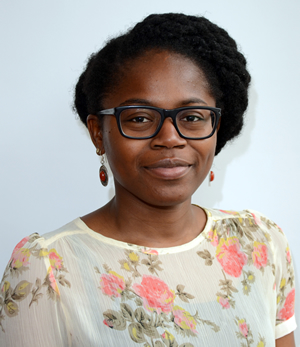 Zahrah is the founder and editor of bookshy –- a blog that celebrates and recognizes African literature, and the curator of ABC – a visual showcase of African book covers. With a doctorate in Human Geography and Urban Studies from the London School of Economics, when Zahrah isn’t blogging about her first love (African literature), she works for a social development firm as a consultant on women’s economic empowerment.
Zahrah is the founder and editor of bookshy –- a blog that celebrates and recognizes African literature, and the curator of ABC – a visual showcase of African book covers. With a doctorate in Human Geography and Urban Studies from the London School of Economics, when Zahrah isn’t blogging about her first love (African literature), she works for a social development firm as a consultant on women’s economic empowerment.


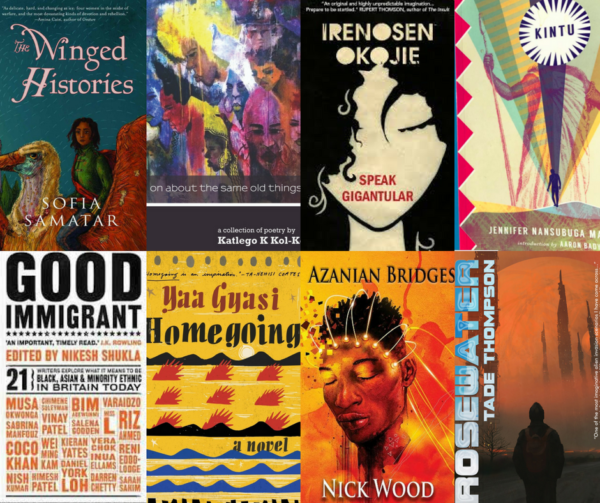

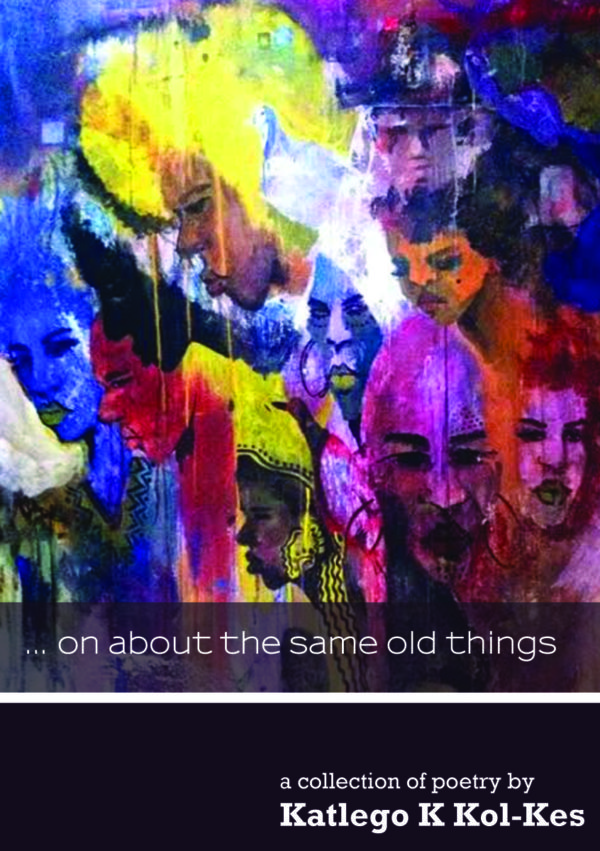
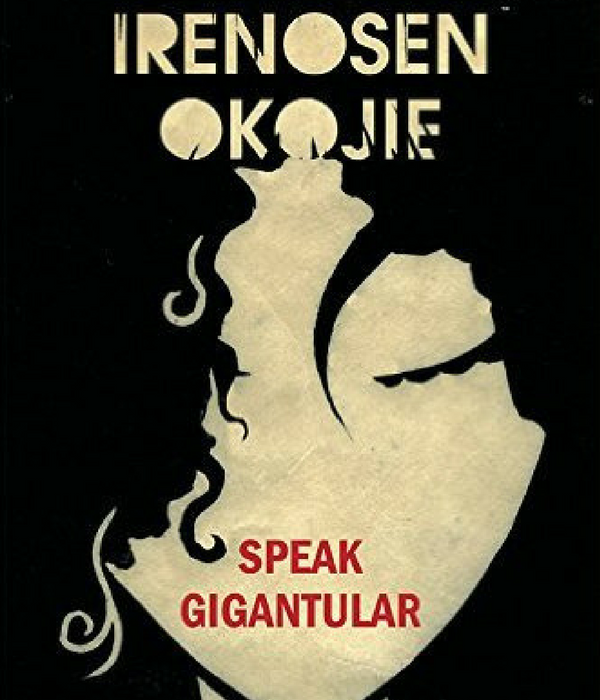
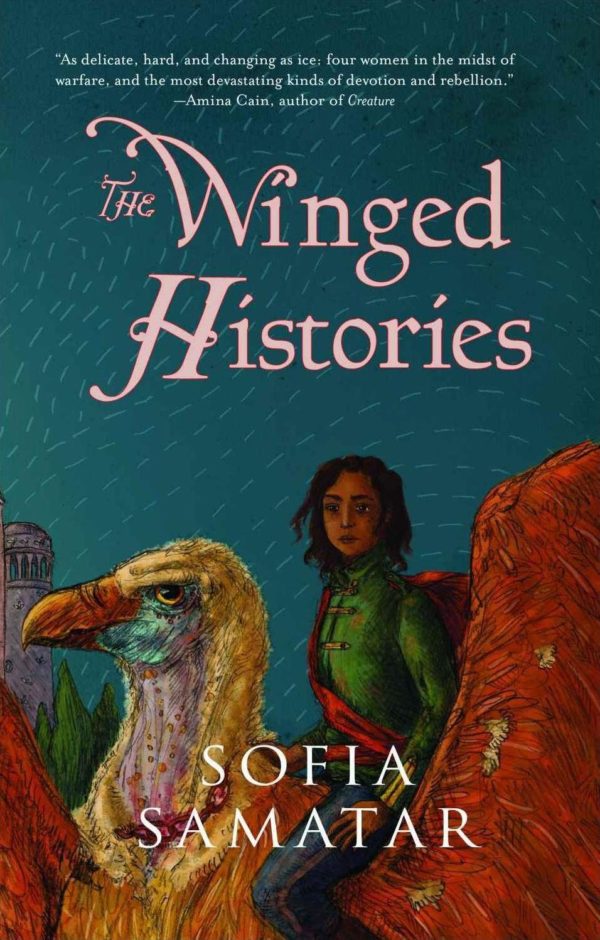
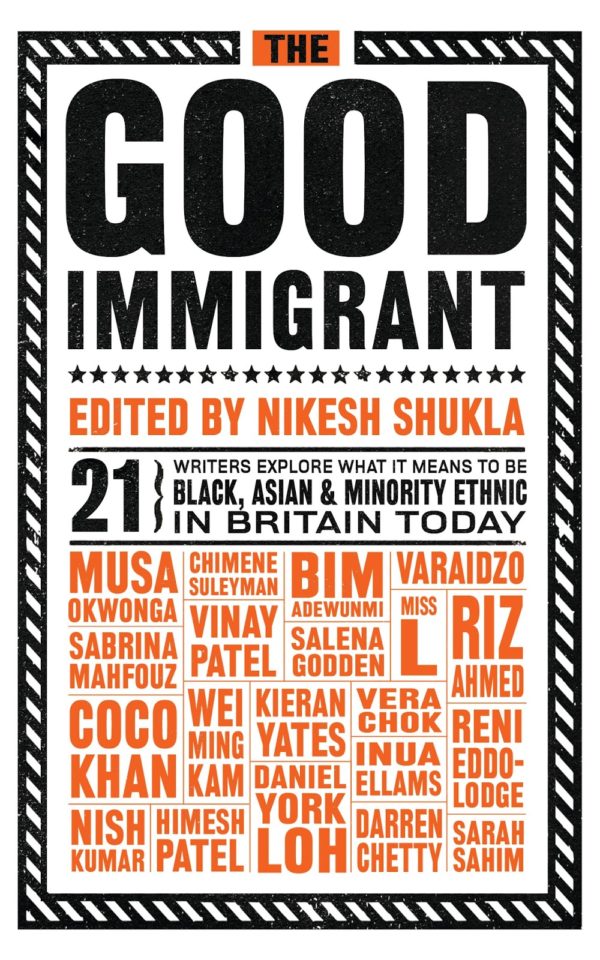
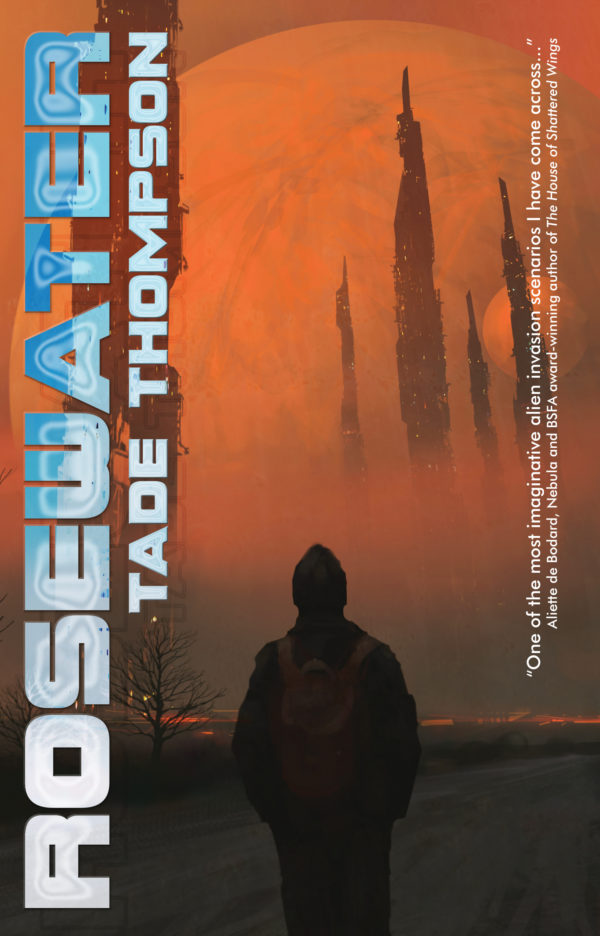

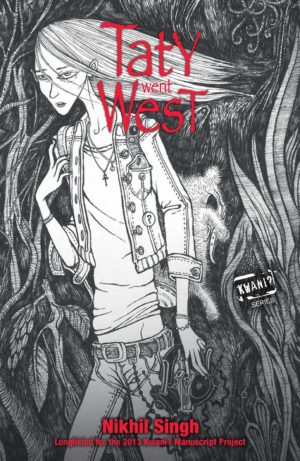






resumes that catch employers' attention January 12, 2018 03:04
I really like reading some books of these authors. I think I should read some of them